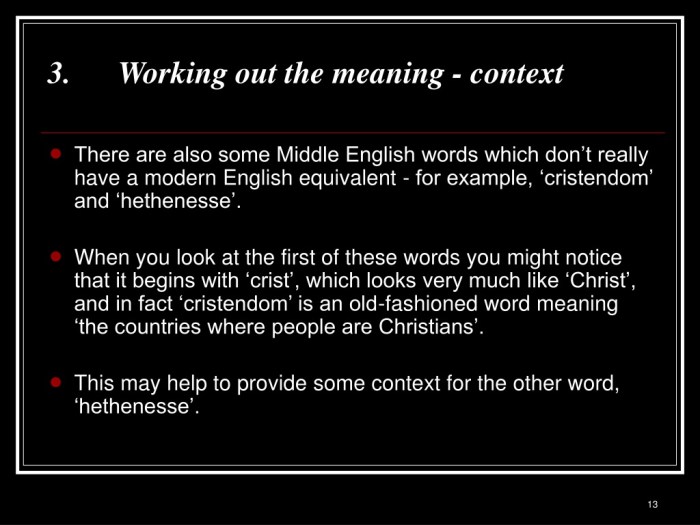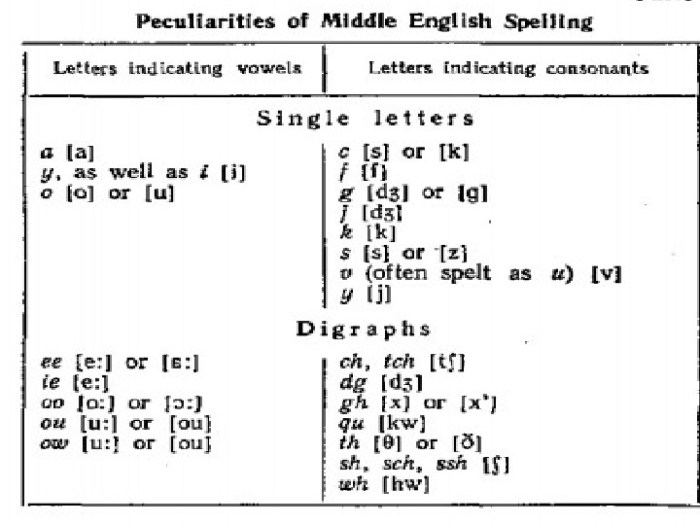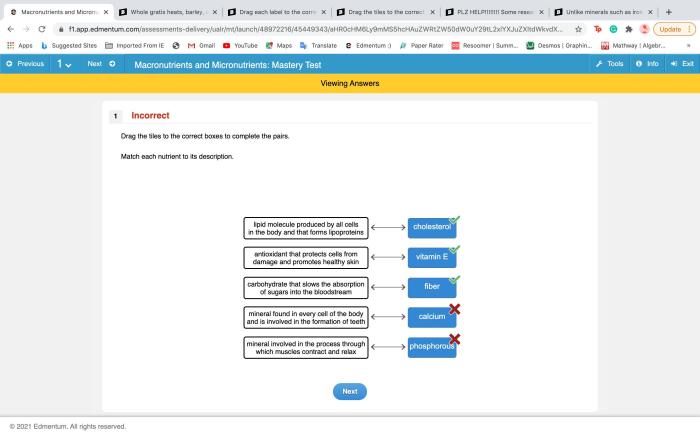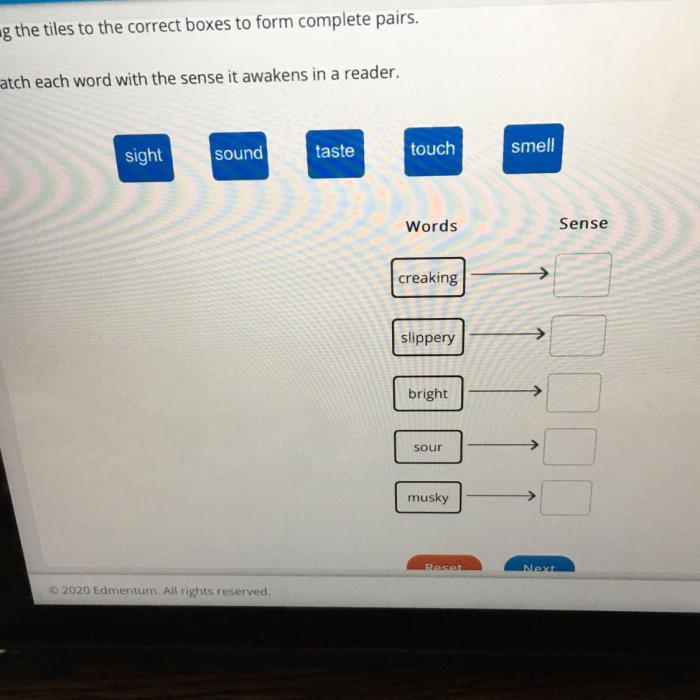Match the middle english word with its modern english equivalent. – Embarking on an etymological journey, we delve into the fascinating world of Middle English and its enduring legacy in Modern English. By matching Middle English words with their modern equivalents, we uncover the intricate tapestry of linguistic evolution and the enduring power of language.
This exploration unveils the origins and transformations of words, tracing their semantic shifts and continuities over time. We examine the linguistic connections between Middle English and Modern English, identifying cognates and borrowed words that bridge the gap between these two distinct yet intertwined eras of the English language.
Word Matching Activity

Middle English was the language spoken in England from the 11th to the 15th centuries. It is the ancestor of Modern English, and many words that we use today have their origins in Middle English. The following table provides a list of Middle English words and their modern English equivalents:
| Middle English Word | Modern English Word | Pronunciation | Example Sentence |
|---|---|---|---|
| algate | always | /ˈalɡeɪt/ | He was algate merry and in good heart. |
| an | if | /ɑːn/ | An thou wilt not, I will. |
| but | except | /bʊt/ | He hath no power but of God. |
| can | know | /kæn/ | I can that he is a good man. |
| do | make | /doʊ/ | He did me great wrong. |
Etymological Exploration

Many Middle English words have evolved significantly in meaning over time. For example, the word “knave” originally meant “boy” or “servant,” but it now has a negative connotation, meaning “a dishonest or untrustworthy person.” Other words, such as “knight” and “lady,” have retained their original meanings but have acquired additional connotations over time.
The following are some examples of Middle English words that have changed in meaning:
- knave: boy, servant → dishonest or untrustworthy person
- knight: young man, warrior → noble, chivalrous man
- lady: woman of noble birth → any woman
- lord: master, owner → nobleman
- maid: young woman, servant → unmarried woman
Linguistic Connections: Match The Middle English Word With Its Modern English Equivalent.

Middle English borrowed many words from other languages, including French, Latin, and Old Norse. These borrowed words have had a significant impact on the development of Modern English. For example, the word “government” comes from the French word “gouvernement,” and the word “science” comes from the Latin word “scientia.”
The following are some examples of Middle English words that were borrowed from other languages:
- government: French
- science: Latin
- art: French
- music: French
- war: Old Norse
Literary Analysis

Middle English is often used in literary works to create a sense of authenticity or historical accuracy. For example, Chaucer’s “Canterbury Tales” is written in Middle English, and Shakespeare’s plays often contain Middle English words and phrases.
The following are some examples of Middle English words that are used in literary works:
- thou: you
- thy: your
- thee: you
- hight: called
- wilt: will
Detailed FAQs
What is the significance of studying Middle English?
Understanding Middle English provides insights into the historical development of Modern English, enhancing our comprehension of its grammar, vocabulary, and pronunciation.
How does matching Middle English words with Modern English equivalents aid in language learning?
This exercise fosters a deeper understanding of the roots of English words, facilitating vocabulary expansion and improving comprehension of literary works from different historical periods.